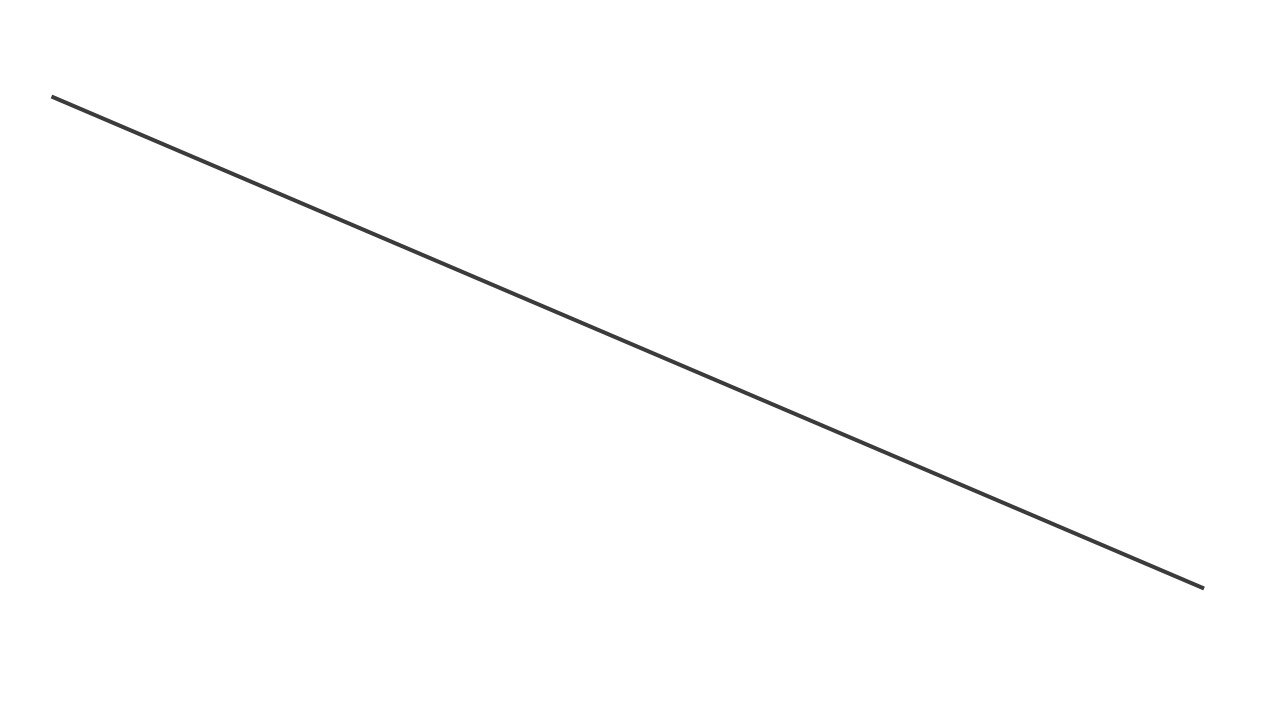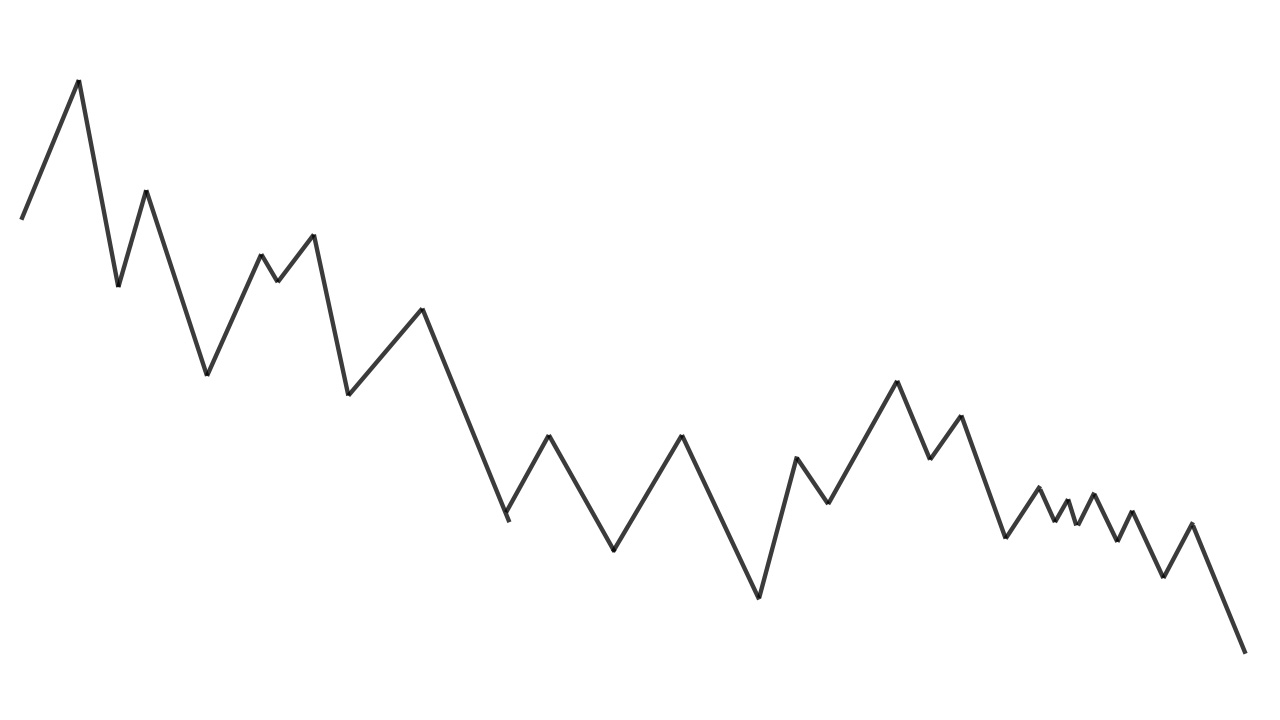The Importance Of Non-Scale Victories

So many weight loss programmes and challenges make the end goal all about that number on the scales. We're going to give you some great reasons why you should focus more on non-scale victories, and less on how much you weigh.
Weight loss is rarely linear
When we have a weight loss goal in mind, we often think it's going to be a gradual and steady process from our current weight to our goal weight. But thanks to a range of things including hormone fluctuations, water retention/bloating, irregular digestion and more, it typically doesn't work out like that.
THE WAY WE THINK WEIGHT LOSS WILL GO

THE WAY WEIGHT LOSS ACTUALLY GOES

What we're getting at here is that it's important not to get too caught up with your weight. While it can be a tool to monitor weight loss progress, you can see why daily weigh-ins aren't ideal and may even cause you to get discouraged when you're actually doing a great job.
Have you ever put effort into exercising more and eating healthier, felt like you had lost weight, then stood on the scales only for them to show you'd put weight on? How did you feel when that happened?
Why put yourself through that emotional rollercoaster when you had been working on great habits for your health and wellness (and going by the above graph, just needed to keep it up?).
Our weight doesn't give the full picture
That number on the scales doesn't show how healthy you are. It doesn't show your body composition (remember that muscle weighs more than fat!). It doesn't show your mental wellbeing or whether your hormones are balanced. It doesn't show if you've developed more energy to play with your kids or if you're feeling happier and more positive about yourself.
On its own, that number doesn't mean a whole lot. As an extension of that, this also goes for the BMI or Body Mass Index ratings which are only generalisations calculated based on height and weight.
If you do want to monitor your physical weight loss in some way, consider using tape measurements, progress photos (not before/after photos!) or the feeling of the fit of your clothes.
Are you doing what's best for you in the long run?
Weight gain happens when we consume more calories than we burn. Weight maintenance happens when we consume the same amount of calories that we burn. Weight loss happens when we consume fewer calories than we burn.
This means that ANY weight loss programmes that encourage more movement than what you've previously been doing in any kind of way (whether it's strength training, interval training, sports, mountain hiking, water walking... it doesn't matter!), and diets that cut back on what you're already eating (whether it's reducing carbs, junk food, fats, whole meals, sugar...) should get you results of some kind given enough time.
The question is, when you start doing any of these things, can you keep them up? For weeks? Months? Years? If the methods aren't sustainable and compatible with your everyday life, how will you keep your results?
Consistency is key
Forget the short-term fast fixes, fads, special supplements and difficult diets! Any results you get from these are either likely to be short-lived, or the programmes that recommend these methods may be encouraging you to become dependent on them.
You don't need any of that stuff! We already touched on it - what we need to do is move more, eat quality nourishing foods in quantities that are right for our own unique body, and to make sure we're tending to our health, and mental and emotional wellbeing along the way. The key to this is doing these things consistently over time; to do that you need to figure out the things you need to change, create an action plan broken down into mini goals, and be prepared to be flexible so you can adjust your plan if things aren't working for whatever reason.
Non-scale victories can get you to your goal!
So the big picture goals for weight loss are to:
- Move more
- Eat quality nourishing foods and to learn healthier nutrition habits
- Tend to our wellbeing (health, mental and emotional)
How could you convert your weight loss goal to be in line with these? How could you action them on a daily basis?
Physical challenges can help you move more. Master a new skill such as full chin ups. Complete a certain number of reps such as 20 push ups each day. Trek to the top of a local mountain in your area. Do a fitness test and try to beat your personal bests each month. Learn a new sport or physical activity.
When it comes to nutrition, master a new healthy recipe. Be consistent with healthy portion sizes for a week. Attend a cooking class that will help you make more delicious, nutrition meals at home. Give your kitchen a makeover to set yourself up for success.
For wellbeing, take some time out to do a yoga class. Add a stretching session to the end of each workout. Go for a walk along the beach with your dog. Ditch your gym workout and play football with your kids at the park. Cook a healthy meal with your whole family helping out. Do your training outside in the fresh air and sunshine instead of indoors. Notice whether what you're doing is helping you feel more positive or energetic.
Finding ways to include these activities in your everyday life will get you to your weight loss goal over time. Just be patient and trust in the process.
Image / DepositPhotos









